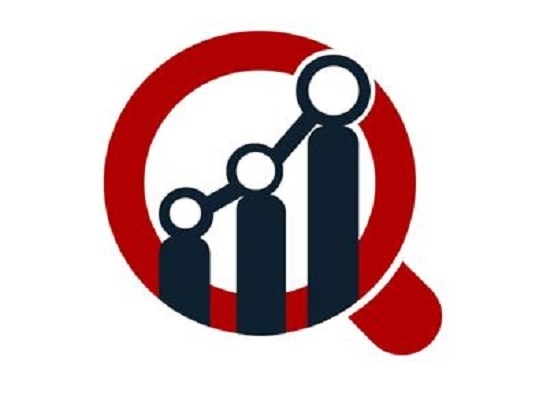Could the key to preventing cancer already be inside your genes? As precision medicine advances, a growing number of people are uncovering critical health clues from their DNA—before symptoms even appear. This surge in proactive genetic testing is fueling growth in the Hereditary Cancer Testing Market and reshaping how we think about cancer risk and prevention.
Why are more people getting tested for inherited cancer risk?
Many cancers, including breast, ovarian, colon, and prostate, can be linked to inherited genetic mutations. By identifying these mutations early, individuals at high risk can take preventative steps like enhanced screenings, lifestyle changes, or even risk-reducing surgeries.
The rise in awareness around genes like BRCA1 and BRCA2, thanks in part to public advocacy and celebrity disclosures, has encouraged people to explore their family health history more deeply. Today, testing is more accessible, affordable, and informative than ever before.
What exactly does a hereditary cancer test do?
These tests analyze a person’s DNA—usually from a saliva or blood sample—to look for specific mutations in genes known to increase the likelihood of certain cancers. A positive result doesn’t mean you’ll definitely develop cancer, but it does signal a significantly higher lifetime risk.
What’s more, the results can benefit entire families. If one person is found to carry a mutation, their relatives can get tested and take action earlier too. This ripple effect can lead to a powerful, proactive approach to long-term health.
Who should consider taking this type of test?
While anyone can benefit from understanding their genetic risks, testing is especially recommended for people with a strong family history of certain cancers. For example, if multiple family members were diagnosed at a young age or if rare cancers appear in a family tree, these are important red flags.
Healthcare providers often use genetic counseling to help patients decide whether testing is appropriate and how to interpret the results.
How is the technology behind these tests evolving?
The science of genetic sequencing has come a long way. What once cost thousands of dollars and took weeks can now be done affordably and quickly. Next-generation sequencing (NGS) technologies allow for the analysis of multiple cancer-linked genes at once, offering a more comprehensive picture of a person’s genetic risk.
Additionally, many labs now use AI and big data to improve accuracy and interpretation. As databases grow, scientists can detect rare mutations and refine risk assessments, leading to more personalized care recommendations.
Where is this trend growing fastest?
North America currently leads in adoption, driven by advanced healthcare infrastructure, strong awareness campaigns, and insurance support for genetic services. Europe follows with widespread integration into national cancer prevention programs.
Asia-Pacific, meanwhile, is experiencing the fastest market growth. Countries like Japan, South Korea, and China are seeing rising demand due to increasing cancer incidence, rising income levels, and a growing culture of preventive health.
Are there any concerns or ethical questions about DNA testing?
Absolutely. While the medical benefits are significant, hereditary cancer testing also raises concerns about data privacy, insurance discrimination, and psychological impact. Knowing your cancer risk can be empowering—but it can also cause anxiety or lead to difficult decisions.
That’s why genetic counseling is a crucial part of the process. Counselors can help people understand their options and provide emotional support as they navigate the results.
What lies ahead for this field?
Expect more integration of genetic testing into mainstream medicine, especially as governments and insurers recognize the long-term savings of early cancer detection. Home testing kits, mobile integration, and AI-powered insights will become standard offerings.
In the near future, we may see testing as a routine part of annual checkups, much like cholesterol screenings or blood pressure checks. The Hereditary Cancer Testing Market is leading this charge, signaling a shift from reactive care to precision prevention.
If knowledge is power, then understanding your DNA might be one of the most powerful health moves you can make. The future of cancer prevention could start with one small test—and one big decision.


